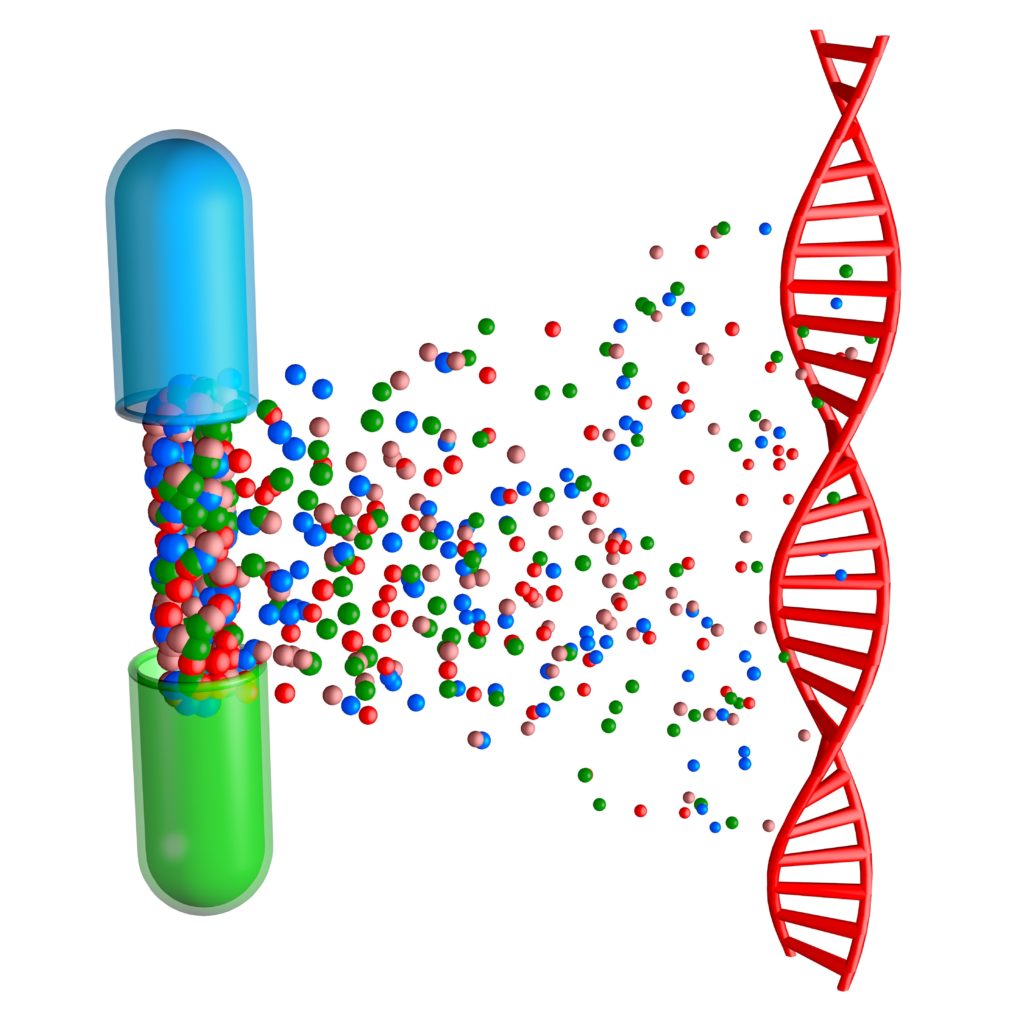Virginia Cancer Specialists (VCS) Molecular Tumor Board
The Virginia Cancer Specialists Precision or Personalized Medicine Molecular Tumor Board is a resource for our multidisciplinary cancer team working together and sharing clinical decisions – studying the molecular attributes of our patients’ tumors with a panel of experts. This will help optimize our patients’ treatments but also identify appropriate clinical trials at the Virginia Cancer Specialists (VCS) Research Institute or with our partners throughout the US.
“The Virginia Cancer Specialists Tumor Board is charged with the optimizing the care of our patients, both with standard treatments as well as novel clinical trials” Dr. Alex Spira, MD, PhD, FACP
Personalized or “Precision” Medicine
What is precision oncology or personalized medicine in cancer care? It is a targeted approach to cancer treatment, which allows the physician to utilize treatments for patients based on a genetic study of their disease. This type of targeted therapy uses the information gleaned from a tumor’s molecular profile to assist in determining the treatment that will produce the best patient outcome.
Personalized medicine for cancer applies molecular diagnostic testing, including DNA sequencing, to identify cancer-driving irregularities in a cancer’s genome. It uses targeted drugs and immunotherapies engineered to directly attack the cancer cells with specific abnormalities, leaving normal cells largely unharmed. By defining the consequences of these genetic irregularities physicians can identify specific therapies directed against each genetic abnormality for each individual patient’s unique DNA profile.
Once a genetic irregularity is identified, a specific targeted treatment can be designed to attack a specific mutation or other cancer-related change in the DNA programming of cells. This targeted therapy is developed to treat only the cancer cells and minimize damage to normal, healthy cells. Cancer treatments that “target” cancer cells may offer the advantage of reduced treatment-related side effects.
Cancer patients should discuss the role of genomic biomarker testing with their oncologist/physician to determine whether a specific precision cancer medicine or immunotherapy is available to treat their individual cancer. Testing can also reveal specific genetic mutations where new precision medicines are being developed in clinical trials.



